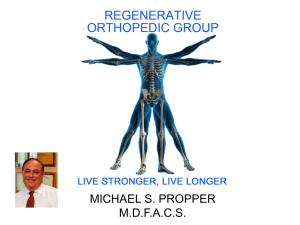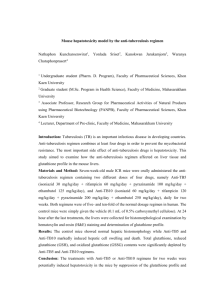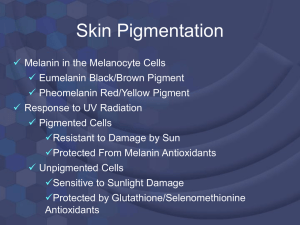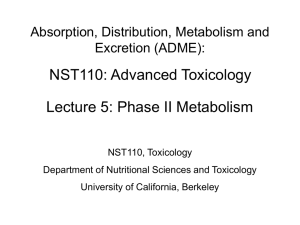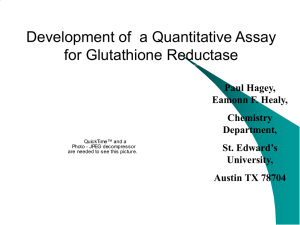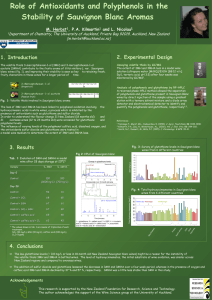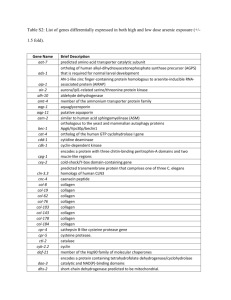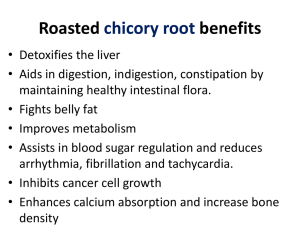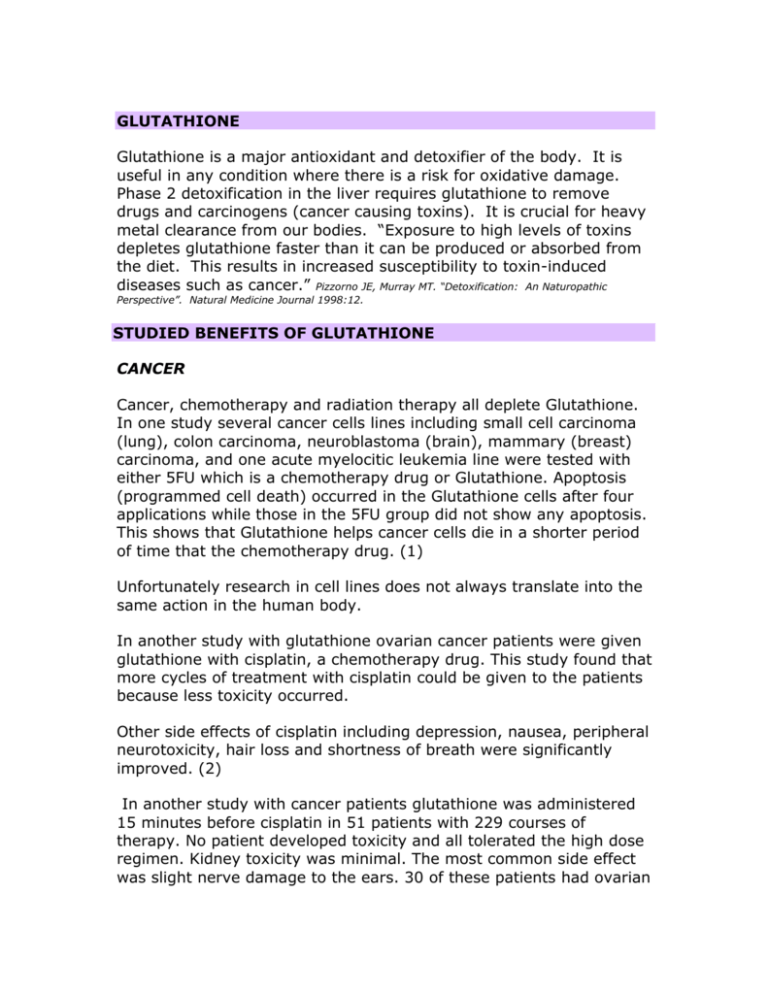
GLUTATHIONE
Glutathione is a major antioxidant and detoxifier of the body. It is
useful in any condition where there is a risk for oxidative damage.
Phase 2 detoxification in the liver requires glutathione to remove
drugs and carcinogens (cancer causing toxins). It is crucial for heavy
metal clearance from our bodies. “Exposure to high levels of toxins
depletes glutathione faster than it can be produced or absorbed from
the diet. This results in increased susceptibility to toxin-induced
diseases such as cancer.” Pizzorno JE, Murray MT. “Detoxification: An Naturopathic
Perspective”. Natural Medicine Journal 1998:12.
STUDIED BENEFITS OF GLUTATHIONE
CANCER
Cancer, chemotherapy and radiation therapy all deplete Glutathione.
In one study several cancer cells lines including small cell carcinoma
(lung), colon carcinoma, neuroblastoma (brain), mammary (breast)
carcinoma, and one acute myelocitic leukemia line were tested with
either 5FU which is a chemotherapy drug or Glutathione. Apoptosis
(programmed cell death) occurred in the Glutathione cells after four
applications while those in the 5FU group did not show any apoptosis.
This shows that Glutathione helps cancer cells die in a shorter period
of time that the chemotherapy drug. (1)
Unfortunately research in cell lines does not always translate into the
same action in the human body.
In another study with glutathione ovarian cancer patients were given
glutathione with cisplatin, a chemotherapy drug. This study found that
more cycles of treatment with cisplatin could be given to the patients
because less toxicity occurred.
Other side effects of cisplatin including depression, nausea, peripheral
neurotoxicity, hair loss and shortness of breath were significantly
improved. (2)
In another study with cancer patients glutathione was administered
15 minutes before cisplatin in 51 patients with 229 courses of
therapy. No patient developed toxicity and all tolerated the high dose
regimen. Kidney toxicity was minimal. The most common side effect
was slight nerve damage to the ears. 30 of these patients had ovarian
cancer and of these 59% achieved complete remission. 22 of 26 were
clear of cancer on a second laparoscopy. This is a high rate of
effectiveness as ovarian cancer survival rates are low. (3)
DIABETES
Diabetes is a disease process that depletes glutathione. Glutathione
administered IV was found to lower sorbitol levels in the red blood
cells of Diabetics. This indicates that glutathione helps diabetics
metabolize sugars in a healthier way. Sorbitol is a by product of
certain metabolic pathways that can lead to diabetics developing
organ damage. (4)
Glutathione administered IV decreased blood pressure in patients
who had high blood pressure and diabetes, and patients who just had
high blood pressure. It had no blood pressure lowering effect on
healthy individuals. This suggests glutathione may help dilate the
vessels and restore healthy nitric oxide function. (5)
Glutathione improved insulin secretion from the pancreas in response
to increased blood sugar in older patient with impaired glucose
tolerance. Because of this effect glutathione may show in the future to
help restore normal blood sugar metabolism and prevent progression
to DM. (6)
FATTY LIVER
A study was performed in patients who had chronic fatty liver from
many different causes including: alcohol and non alcohol related, or
HBV, HCV, HDV. This study found that glutathione was reduced in the
liver cells of these patients which reduced the cells ability to detoxify
the blood. IV administration of glutathione significantly improved
hepatic function test during treatment and for several months after it
was stopped. (7)
Another study done on rats showed that when glutathione was
depleted in their livers the flow of bile was significantly reduced.
Without bile flow the liver cannot properly detoxify and the body
cannot digest fats. Bile flow was restored when the rats were given IV
glutathione. (8)
PARKINSON’S
Studies have shown that Parkinson’s patients have decreased
glutathione levels in the substantia nigra region of the brain. The
amount of glutathione depletion seems to parallel the severity of the
patients symptoms so people with lower levels of glutathione have
more severe symptoms. In a study of patients with early Parkinson’s
disease who were treated with IV glutathione for 1 month all patients
improved significantly with a 42% decline in disability.
These improvements in symptoms lasted for 2-4 months after the IV
glutathione was stopped. Glutathione may retard progression of this
disease. (9)
ATHEROSCLEROSIS
In patients with Atherosclerosis IV Glutathione was shown to
significantly decrease blood viscosity and significantly increase blood
filtration. (10)
Glutathione has been shown to be significantly lower in patients who
are older than in patients who are younger. Glutathione levels were
significantly lower in diabetics and patients with age related macular
degeneration. (11)
References:
1. B. Donnerstag et al., “Reduced Glutathione and S-acetylglutathione as Selective
Apoptosis-Inducing Agents in Cancer Therapy,” Cancer Letters 110 (1-2):63-70
(1996)
2. J F Smyth et al., “Glutathione Reduces the Toxicity and Improves Quality of Life
of Women Diagnosed with Ovarian Cancer Treated with cisplatin. Results of a
Double-blind, Randomized Trial,” Annals of Oncology 8(6):569-73 (1997)
3. M. Tedeschi et al., “Glutathione and Detoxification,” Cancer Treatment Review
17(2-3):203-8 (1990)
4. E. Ciuchi et al., “The Effect of Acute Glutathione Treatment on Sorbitol level in
Erythro cytes from Diabetic Patients”, Diabetes Metab Feb 23 (1):58-60 (1997)
5. A Ceriello et al., “Antioxidants show an Anti-hypertensive Effect in Diabetic and
Hypertensive Subjects,” Clin Sci, Dec; 81 (6):739-42 (1991)
6. G. Pao lasso et al., “Glutathione Infusion Potentiates Glucose Induced Iinsulin
Secretion in Aged Patients with Iimpaired Glucose Tolerance,” Diabetes care, Jan;
15(1):1-7 (1992)
7. P. Dentico et al., “Glutathione in the Treatment of Chronic Fatty Liver Diseases,”
Recenti Prog Med, Jul-Aug; 86 (7-8):290-3 (1995)
8. H. Yoshida et al., “Effects of Glutathione Isopropyl Ester on Bile Flow in
Glutathione Depleted Rats,” Arch Int Pharmacodyn Ther, Mar-Apr; 322:105-19
(1993)
9. G. Sechi et al., “Reduced Intravenous Glutathione in the Treatment of Early
Parkinson’s Disease,” Prog Neuropsy chopharmacol Biol Psychiatry, Oct;
20(7):1159-70 (1996)
10. l. Coppola et al., “Glutathione improved Haemo static and Haemorheological
Parameters in Atherosclerotic Subjects,” Drugs Exp Clin Res, 18(11-12):493-8
(1992)
11. PS Samiec et al., “Glutathione in Human Plasma: Decline in Association with
Aging, Age related Macular Degeneration, Diabetes,” Free Radic Biol Med
mar15:24(5):699-704 (1998)
DISCLAIMER: The information contained in these pages should not be used as a basis for treatment
which can only be provided by a qualified medical practitioner. You should consult a medical provider or
the appropriate health professional for specific personal advice if you have concerns about your health
or general well-being.
© 2008 Naturopathic Medical Clinic - All rights reserved

